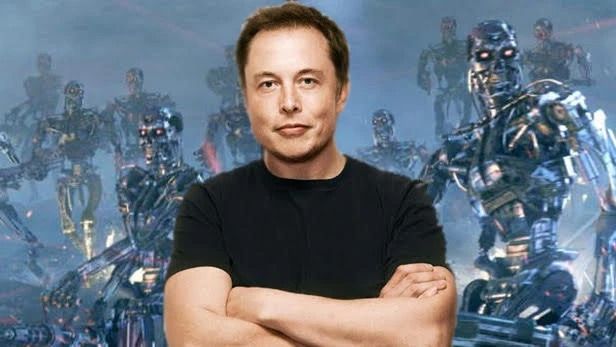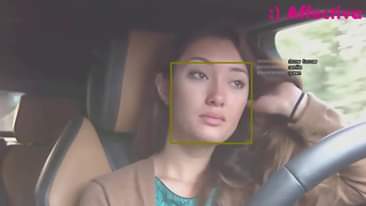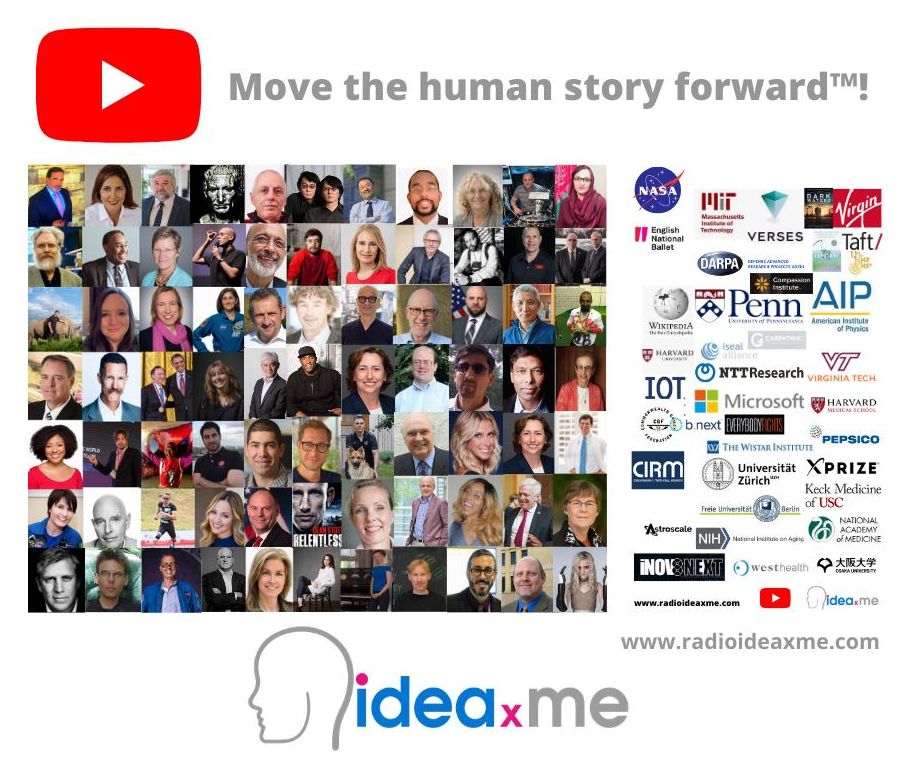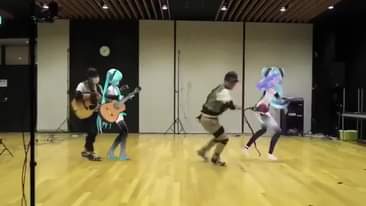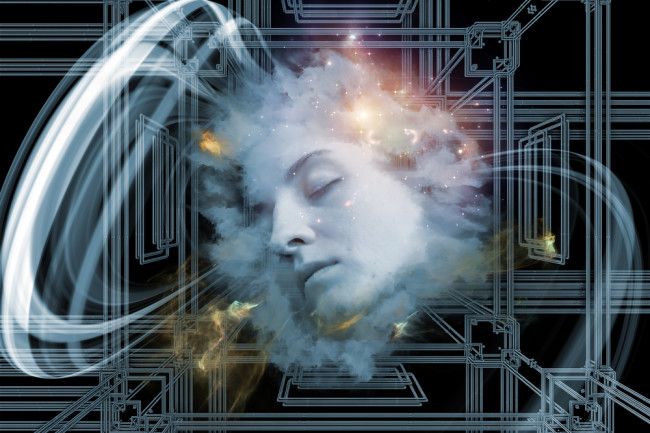Our Website: https://www.findinggeniuspodcast.com/
Subscribe and review our Podcast on iTunes: https://apple.co/2L6tN88
Follow us on:
Facebook: https://web.facebook.com/futuretechpodcast/
Twitter: https://twitter.com/finding_genius
Instagram: https://www.instagram.com/findinggeniuspodcast
Curious about science’s latest effort to reverse aging? This podcast describes attainable treatments and the science behind theses gene therapy processes: Elizabeth Parrish discusses BioViva’s anti-aging gene therapy products and research. Even better, she brings a different perspective—she has had viral vector gene therapy herself.
Listen and learn.
